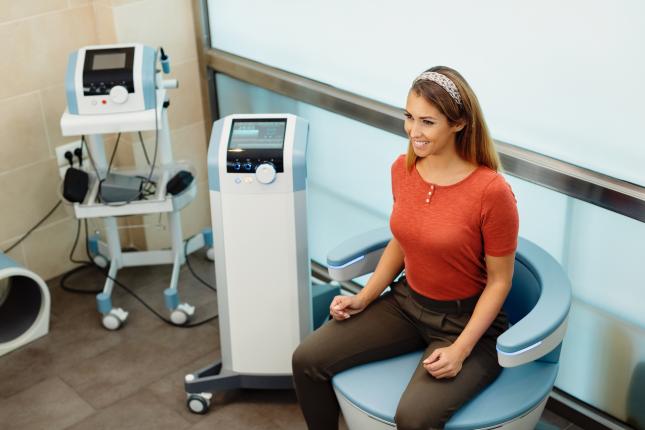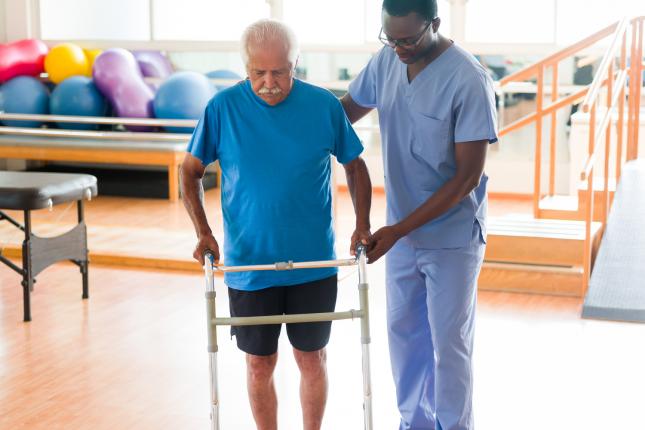Conditions we treat
While many factors contribute to pelvic floor disorders, problems often start during or after childbirth when the pelvic support system is stretched, injured, or otherwise weakened. Some medical conditions, as well as genetics, obesity, repetitive activities, menopause and aging, can also contribute to pelvic floor muscle dysfunction. This dysfunction can include increased joint mobility which can make standing, walking and even going up and down stairs a difficult or painful task. As a woman’s body changes, some muscles can become too tight while others become stretched and weak.
Our experts in pelvic floors have an emphasis on the following:
- Urinary incontinence – involuntary leakage of urine
- Overactive bladder – urgency or frequent urination
- Urinary voiding dysfunction – difficulty emptying the bladder
- Pelvic organ prolapse – loss of bladder, uterine or rectal support
- Fecal incontinence – involuntary leakage of stool or gas from the rectum
- Pelvic pain, Interstitial cystitis, or painful bladder syndromes
- Sexual dysfunction – painful intercourse, low sex drive
- Bowel dysfunction – including constipation




